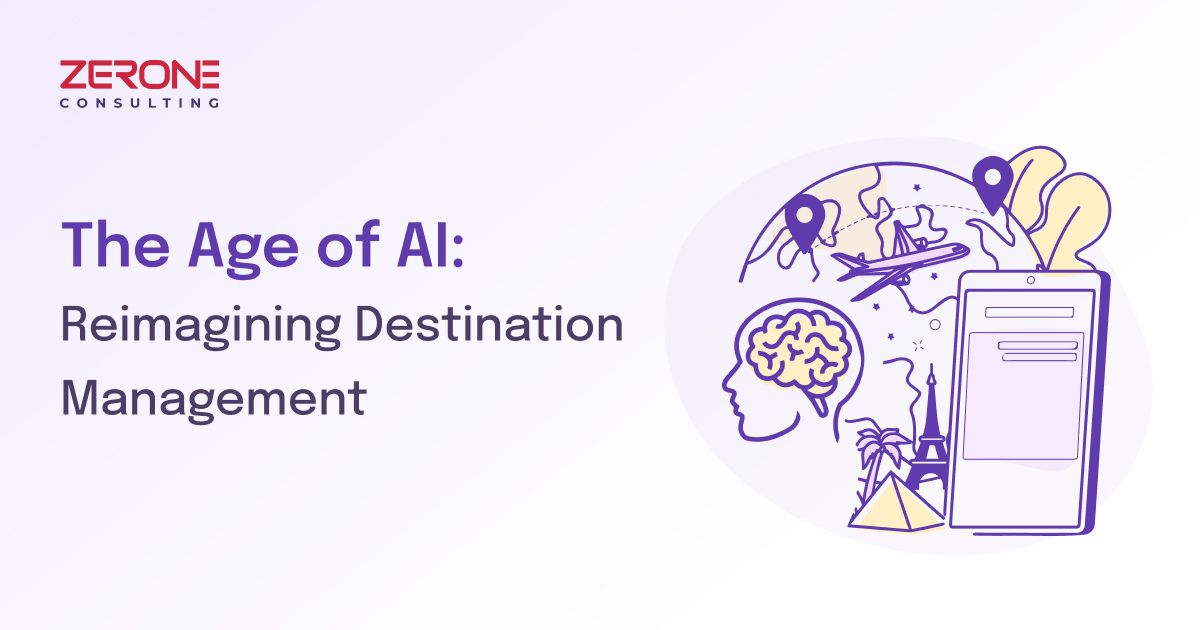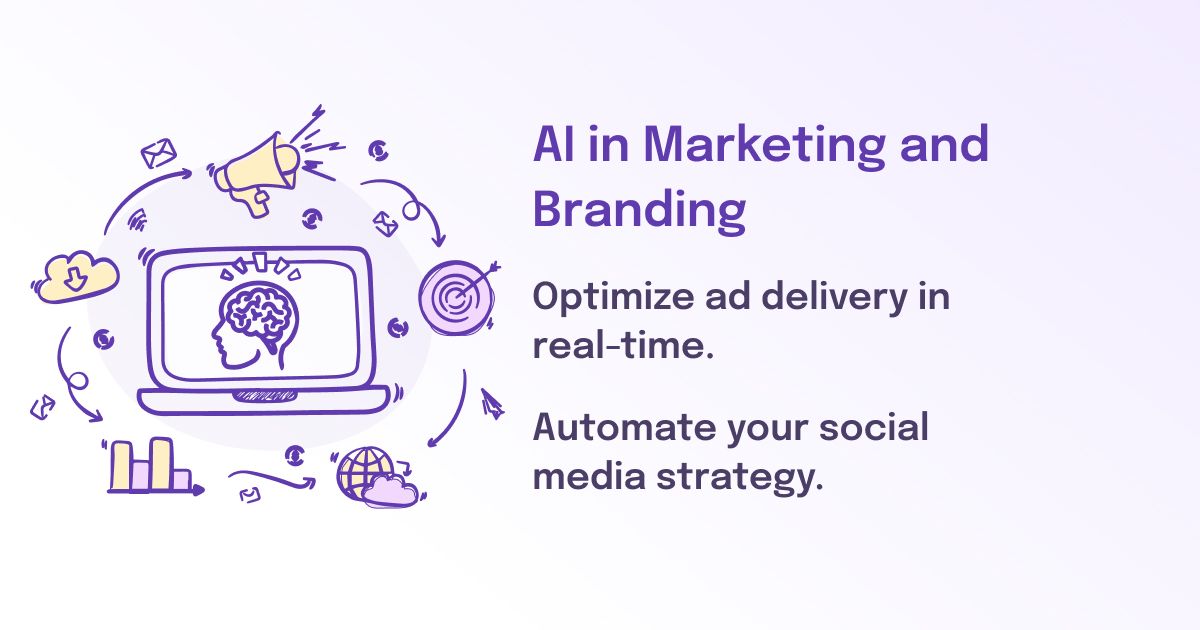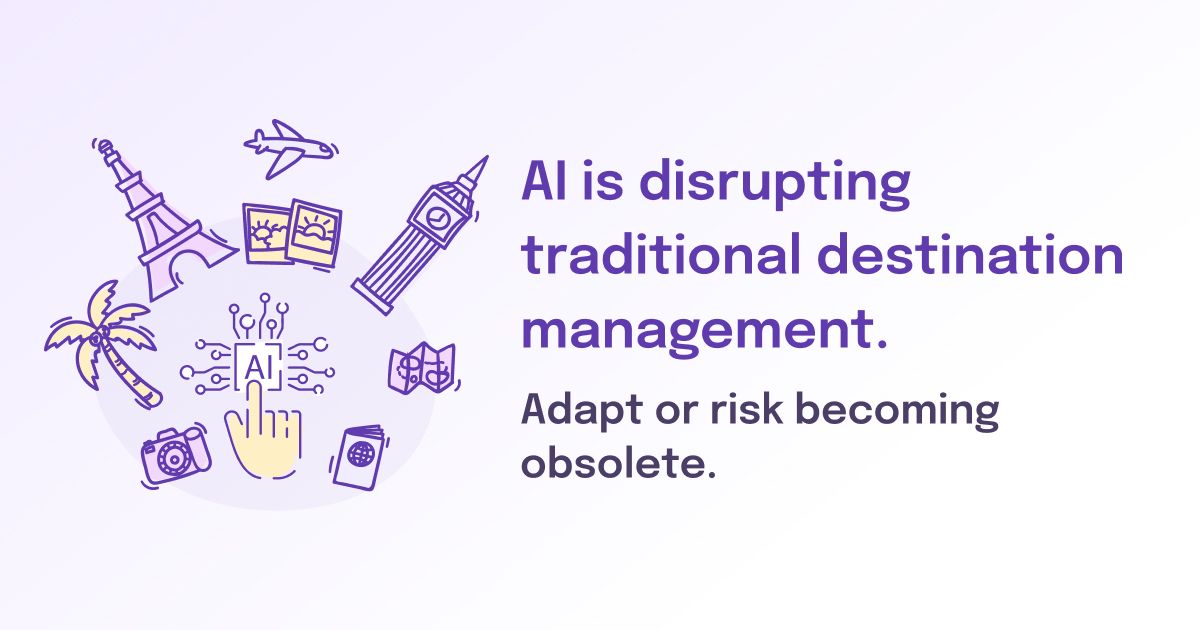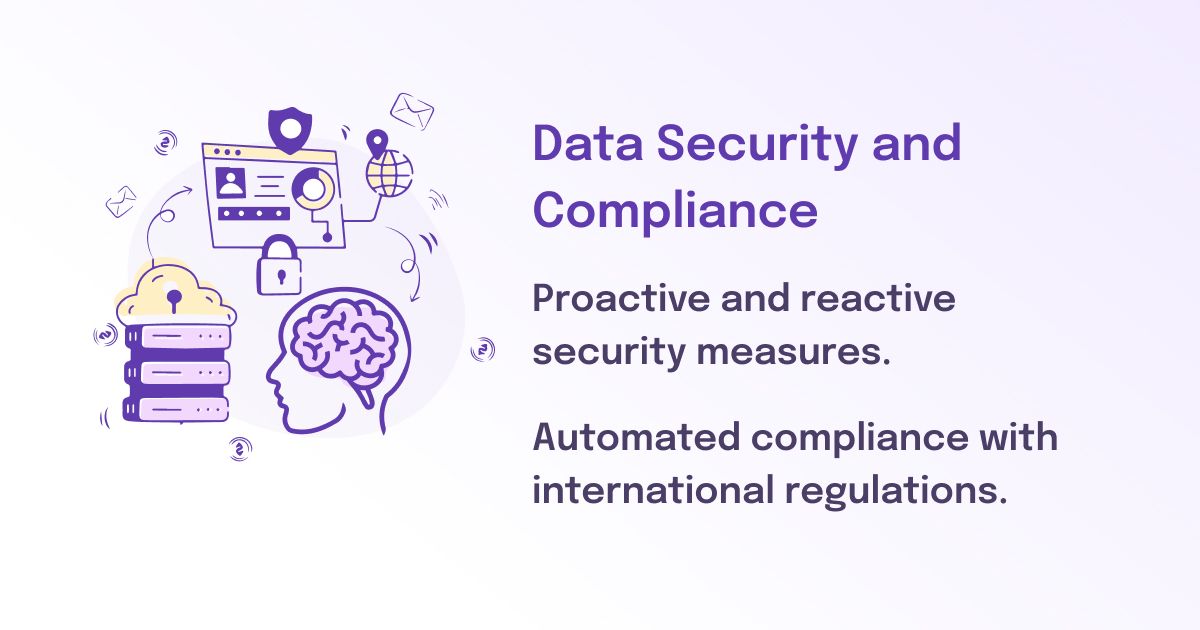The tourism and hospitality sector is undergoing a transformative shift, much of which can be attributed to the disruptive capabilities of Artificial Intelligence (AI). As more tasks and processes become automated, destination management organizations (DMOs) need to adapt to the changing landscape or risk becoming obsolete. This article delves into how AI is revolutionizing different aspects of destination management.

AI in Marketing and Branding
Role of AI in Destination Marketing
AI algorithms can process large sets of data to identify patterns and trends that human analysis might miss. This could range from identifying peak travel seasons for specific destinations to recognizing the kind of content that resonates most with potential tourists. Machine learning algorithms can even optimize ad delivery in real-time to maximize engagement and ROI.
Automated Social Media and Content Strategies
AI tools enable automatic posting and audience engagement across multiple social media platforms. Natural Language Processing (NLP) tools can generate content or recommend tweaks to make marketing messages more effective.

AI for Operational Efficiency
Automation in Bookings and Logistics
AI can streamline the booking process, from room reservations to event ticketing. Machine learning algorithms can predict which flights or hotels are most likely to be booked, allowing for more effective inventory management.
Predictive Analytics for Inventory and Resource Management
Sophisticated algorithms analyze historical and real-time data to forecast demand for resources like hotel rooms, guided tours, and even staffing requirements. This enables more efficient resource utilization and minimizes waste.
Enhanced Customer Experiences
AI-Driven Recommendation Systems for Tourists
Platforms like Airbnb and TripAdvisor are using machine learning to offer personalized suggestions based on past behaviors and preferences, elevating the customer experience.
Virtual Tour Guides and Assistants
Chatbots equipped with NLP and machine learning capabilities can act as virtual tour guides, offering real-time information, recommendations, and even emergency assistance.
Sustainable Practices Through AI
Waste Management and Energy-Efficiency Solutions
AI algorithms can optimize energy consumption in real-time within hotels and tourist attractions, contributing to more sustainable operations. Similarly, AI can improve waste management by optimizing collection routes or even predicting waste generation trends.
Monitoring and Conservation of Natural Resources
Satellite imagery processed through machine learning algorithms can monitor environmental changes, helping destination managers take steps for conservation and sustainable tourism.

Data Security and Compliance
AI Algorithms for Enhanced Security Measures
AI can analyze security risks and monitor for any suspicious activities, offering a layer of protection that is both proactive and reactive.
Compliance with GDPR, CCPA, and Other Regulations
Automated systems can ensure that data collection and storage procedures comply with international laws and regulations, reducing the risk of costly legal issues.

Conclusion
The disruptive potential of AI in destination management is vast, spanning across operational efficiencies to enhanced customer experiences and even sustainable practices. As AI continues to advance, early adoption and agility will be key for DMOs to stay competitive. Ignoring these technological advances is not an option for those who aim for long-term success in this rapidly evolving sector.